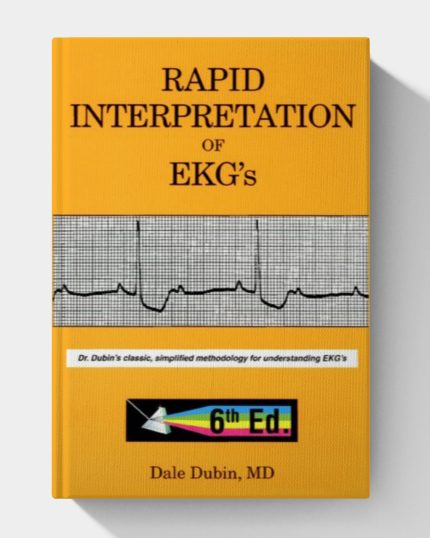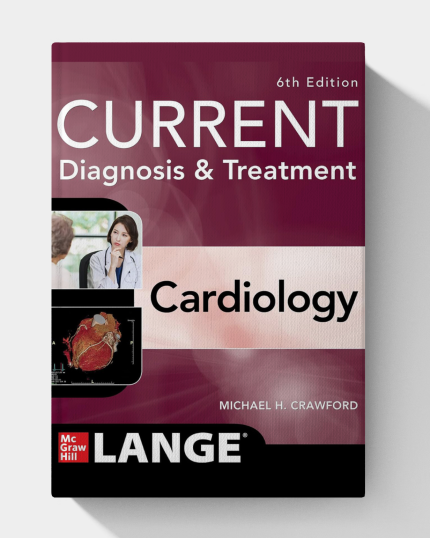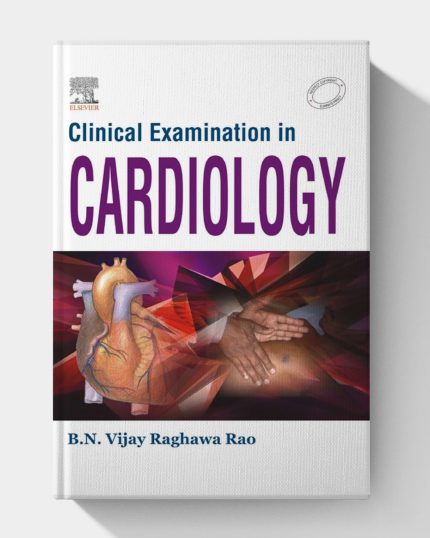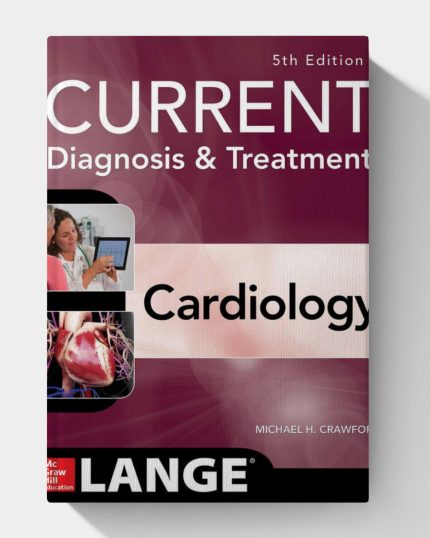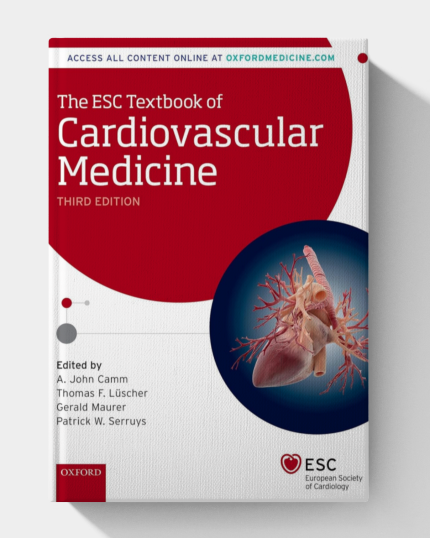The Rise of Geriatric Medicine
As the United States and many developed countries witness a dramatic surge in the population of older adults,
the field of geriatric medicine is emerging as a crucial area of focus. With Medicare and Medicaid expenditures
for this demographic nearing a staggering trillion dollars each year, it becomes increasingly important to
examine how our healthcare system caters to the needs of older individuals. The navigation of an ever-complex
healthcare landscape presents unique challenges for older adults, making it essential that we refine and improve
our approaches to geriatric care.
Understanding Geriatric Care
The Institute of Medicine has underscored a significant gap in the training provided to physicians and
healthcare professionals in the realm of geriatric medicine. Unlike many medical specialties that are
predominantly guided by robust evidence-based literature, geriatricians operate within a sphere of limited evidence,
often contending with variable physiological changes and complex psychosocial factors inherent to older adults.
The Geriatrician’s Perspective
Geriatricians often find themselves tasked with the care of nonagenarians grappling with multiple chronic
illnesses. This unique demographic exhibits a diverse array of physiological responses to pharmacotherapy,
necessitating a tailored and attuned approach to care. The personal goals and aspirations of each older adult
must be intricately woven into the fabric of any treatment plan, emphasizing the essence of delivering
person-centered care.
The Complexity of Care
Practicing geriatric medicine demands the aptitude to discern patterns within a complex array of needs
while recognizing that these patterns can be fluid and ever-changing. Each patient is a distinct individual
with unique preferences and requirements, which must be incorporated into decision-making processes to
achieve truly personalized care.
The forthcoming handbook aims to serve as a comprehensive, state-of-the-art resource, melding existing literature
with invaluable clinical experience. While basic science and the physiology of aging provide foundational knowledge,
the primary focus of each chapter is viewed through the lens of “person-centered care.” This text emphasizes
the significance of what truly matters to each individual, frequently extending beyond mere pathology or physiology.
A Call for Critical and Divergent Thinking
Readers should anticipate that straightforward solutions to symptoms, diseases, and syndromes may not be readily
available. Instead, the key to effective geriatric care lies in the capacity to engage in both critical and
divergent thinking simultaneously. This discipline encompasses a multitude of specialties, requiring proficiency
in interdisciplinary collaboration. Recognizing that quality of life is subjective and individualized, care plans
must be tailored accordingly. At the heart of this approach lies a deep commitment to understanding who each
person is, facilitating the integration and analysis of essential data to craft a genuinely person-centered
plan of care.
An Unparalleled Resource
This book is not just an update; it embodies a significant revision from the previous edition, featuring over
40 new peer-reviewed chapters and a wealth of recent references. Encompassing a diverse range of useful tools
that will be regularly updated by a collective of interdisciplinary and interprofessional experts in geriatric
medicine, this text is poised to be an essential resource for anyone dedicated to addressing the challenges
of caring for older adults in today’s complex healthcare environment.
“`


